
I have been fortunate to work on fisheries science and policy across the globe, from my home in New England to the opposite end of the earth in Australia, from the rugged and rocky coast of Chile to the warm tranquil waters of Cuba, and beyond. Each place has a unique story of how lives, communities, and history are shaped by the sea. Recently, I’ve had the privilege of joining exciting efforts rising to reform fishery management in the People’s Republic of China.
China plays an outsized – and growing – role in world affairs. This is certainly the case when it comes to the blue economy, in which China is the dominant actor in the global seafood supply chain, among the top five maritime shipping nations, and poised to see growth in ocean energy development, mining, and tourism.
Wi...
Read More

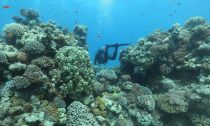
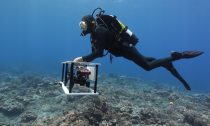
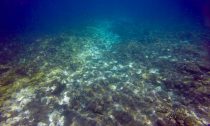
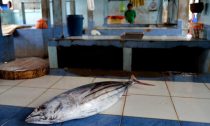
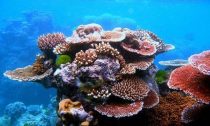
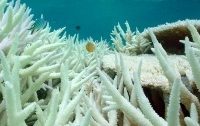





Social Profiles